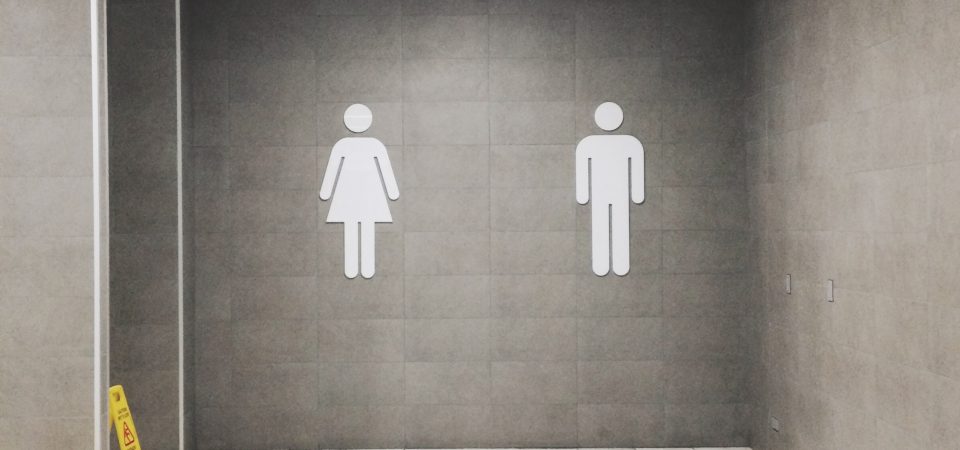Constipation doesn’t just affect newborns and grumpy grandpas—constipation is a serious digestive issue that can significantly impact your health. Conventional medicine defines constipation as having hard stools with a bowel movement fewer than three times per week, and severe constipation as less than once a week. In functional medicine, however, good elimination is having one to three healthy bowel movements per day. Although harsh laxatives can override constipation, it’s best to address the underlying causes for lasting success.
Why constipation is hard on the body
Regular bowel movements are the body’s way of eliminating toxins, metabolized hormones, and waste from your body. When you’re constipated these compounds sit idle in the intestines and are absorbed back into the bloodstream for circulation. This can sap energy, make you crankier, hinder the ability of your body to function optimally, and increase health risks such as for heart disease.
Fecal matter sitting immobile in the digestive tract promotes an overgrowth of harmful bacteria and yeast. This creates inflammation in the gut and other digestive symptoms, such as gas, bloating, pain, allergies, and food sensitivities.
Constipation is also uncomfortable, if not painful. It makes people feel heavy and bloated, sometimes causing abdominal cramps, hemorrhoids, or anal fissures.
Nutrition and constipation
For some people, the cause of constipation is pretty straightforward and easy to address. They simply need to eat a whole foods diet rich in fiber and stay sufficiently hydrated. For people used to eating a diet heavy in fast foods, consuming plenty of vegetables and fruit can significantly improve bowel function.
Nutritional support, such as with essential fatty acids, vitamin D, and quality vitamins and minerals, can also promote healthy bowel function.
Probiotics are another powerful tool. Many people suffer from an overgrowth of harmful bacteria and not enough beneficial bacteria in the gut, which can contribute to constipation. Often boosting beneficial bacteria with probiotics or fermented and cultured foods can support healthy elimination.
Chiropractic and constipation
Constipation is a very common symptom of a vertebral subluxation – a condition, where one of the vertebrae in your lower back is misaligned. This put pressure on the nerves that run from the spinal cord, through the vertebrae to your gut and intestines. This in turn, slows down the body’s metabolism. A weekly trip to your chiropractor can ensure that your lower back is aligned properly and the nerves that run to your gut properly facilitate the movement of the fecal matter through your body.
Brain health and constipation
The digestive tract has a nervous system much like the brain’s, and the gut and the brain are very intimately connected. Many people suffer from an imbalance in neurotransmitters, chemicals that relay messages between neurons. These imbalances can not only affect mood, memory, and well-being, but also digestive functions and can play a role in constipation. Whenever a gut issue becomes chronic, one should take steps to investigate and support brain health.


